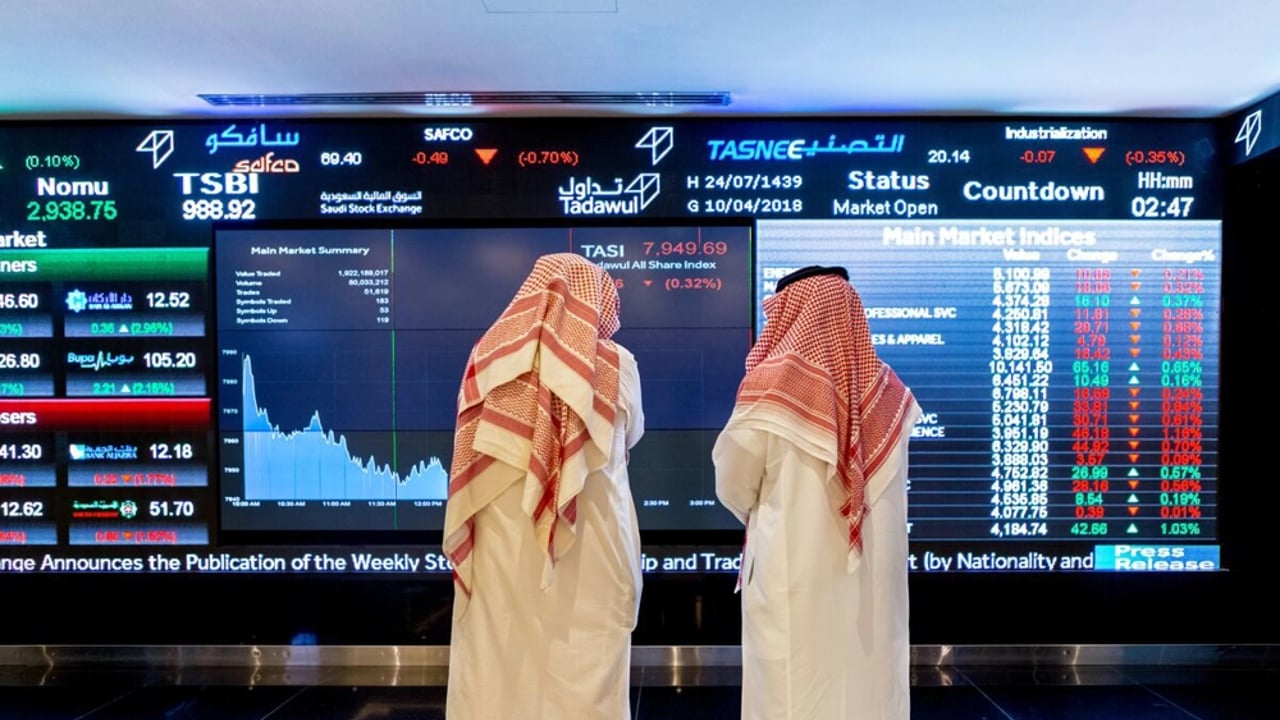Related Articles
Prada Invests in Leather Supply Chain with Stake in Rino Mastrotto
Prada $1913.HK has taken a major step toward reinforcing its production autonomy by acquiring a 10% stake in renowned Italian leather supplier Rino Mastrotto. This strategic investment aligns with Prada’s broader goal of vertical integration — giving the brand greater control over the quality, sourcing, and consistency of its premium leather materials.
US Equities Hold Steady Amid Sector Divergence and Mixed Economic Signals
At midday on Wednesday, the primary US stock benchmarks signaled stability despite divergent sector performance and underwhelming macroeconomic readings. The S&P 500 $^SPX hovered near the flatline, with five of its 11 sectors posting gains. The tech-heavy Nasdaq 100 $^NDX inched up by 0.1%, brushing aside headwinds from the softening labor market and subdued service sector output. The Dow Jones Industrial Average $^DJI was unchanged, reflecting restrained investor sentiment.
Victoria’s Secret Website Outage Highlights Growing Cybersecurity Challenges in Retail Sector
Victoria’s Secret $VSCO reported a significant cybersecurity incident that forced the company to temporarily shut down its e-commerce website and corporate IT systems last week. The shutdown, which began on May 26 and lasted until May 29, was implemented as a precautionary measure to prevent unauthorized access and mitigate potential network threats. This event underscores increasing cybersecurity risks confronting retail companies reliant on digital platforms for sales and customer engagement.








It's alarming to see how global tensions can ripple through markets so quickly, especially in the Middle East.
The current declines in Middle Eastern stock indices highlight just how vulnerable these markets are to global economic shifts.